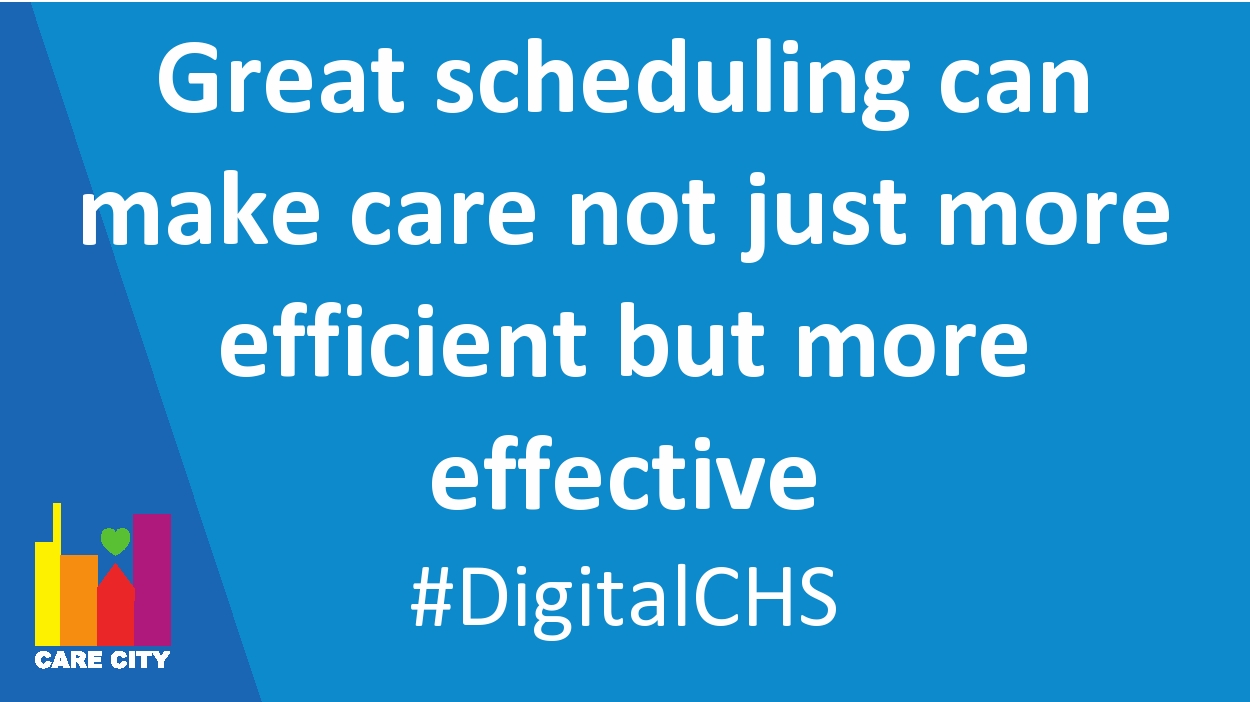We innovate to create a happier, healthier older age for east Londoners, bringing people and tech together to solve tough challenges.
Our recent collaboration with Satalia is an example. The smart people at Satalia created the AI that schedules home deliveries and assistance for the likes of Tesco, BT Openreach and PWC. We’ve been excited to work with them and bring their expertise and sophisticated algorithms to healthcare.
With funding from Innovate UK, Satalia’s optimisation experts worked with us to develop an online system for automating scheduling of District Nurses (DNs) in North-East London Foundation Trust. The system aimed to:
- Match visits to the most appropriate staff based on their skills and qualifications
- Require minimal support from triage staff
- Attempt to keep continuity of care and reduce infection risks
- Give flexibility to rapidly change the size and shape of teams
- Reduce travel distance and travel time
- Reduce Carbon footprint.
NELFT are co-founders of Care City and have been hugely supportive partners to this project. However, there are important organisational reasons for NELFT’s interest – efficiency, but also the prospect of using smarter scheduling to reduce infection risk through better ‘bubbling’ of staff and patients, in part in response to Covid.
Thanks to an incredible team of DNs who have patiently explained how their work is scheduled, Satalia tested a prototype in July. And we are delighted to say it worked! We succeeded in incorporating the triage nurse’s knowledge and automating 100% of the scheduled visits of a team of nurses within two weeks.
But what does this actually mean? What are the measurable benefits and is this something that could bring benefits more widely than our local District Nurse team?
Yes – we’ve proved we can save a massive amount of coordination time. Scheduling an eight person DN team is a full-time job, and there is so much more that these experienced staff could be doing.
We’ve also managed to reduce the average travel time of these District Nurses by 12.9% and their average travel distance by 12.7%. Outside of London, we think we could save a greater percentage, and the distances involved would be much larger.
And thinking beyond just efficiency, we believe that bringing cutting edge logistics to District Nursing can enhance integrated care. Until now, thinking about how tasks might be passed between community, primary and social care – in real-time – was simply too complicated. However, enabling this kind of delegation is within sight. Great scheduling can make care not just more efficient but more effective.


